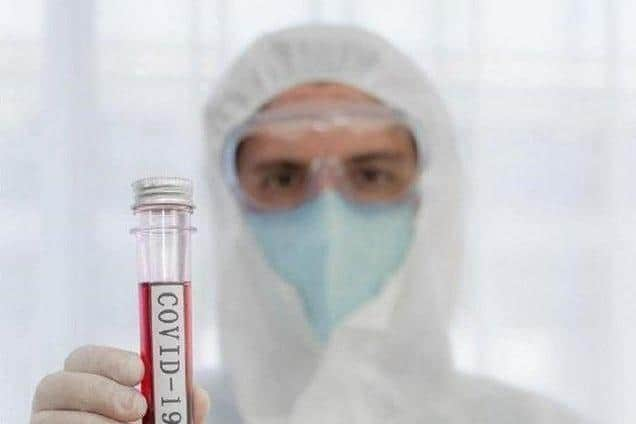Stealth Omicron: Scientists discover cases of new Covid strain in Milton Keynes as it spreads across country
and live on Freeview channel 276
The new BA.2 coronavirus strain branded ‘stealth Omicron’ has been detected in Milton Keynes.
According to the latest government figures, cases were found here among random Covid test samples taken during the week ending January 15.
Advertisement
Hide AdAdvertisement
Hide AdThe test was conducted by the Wellcome Sanger Institute, which only analysed a proportion of Covid tests from each area.


In MK they picked 190 tests to examine and two showed the BA.2 sub-variant.
This equates to 1.1% - meaning more than just over one in a hundred MK cases of Covid could now be the stealth Omicron. .
Cases of BA.2 have been in the UK for some time - the first example was found on December 6, 2021. But numbers are growing both here and abroad, and the UK Health Security Agency named it a ‘variant under investigation’ on January 21.
Advertisement
Hide AdAdvertisement
Hide AdEarly analysis suggests it has a faster growth rate than the Omicron strain currently dominant in the UK, BA.1, but there is not enough evidence to say whether it causes more severe illness.
The Wellcome Sanger Institute analysed 38,000 positive Covid-19 tests taken in the week to January 15 to determine which variant they were. It found one in 100 samples were now Stealth Omicron across England.
It is not known where Stealth Omicron originated, with the first cases found in the Philippines and high numbers being reported in Denmark.
It got its nickname because it does not exhibit a tell-tale marker on its spike protein, revealed through a common type of PCR test, which the authorities had previously used to monitor the spread of Omicron.
Advertisement
Hide AdAdvertisement
Hide AdBut both PCR and lateral flow tests still identify Covid infection.
Dr Meera Chand, COVID-19 Incident Director at the UKHSA, said: “It is the nature of viruses to evolve and mutate, so it’s to be expected that we will continue to see new variants emerge as the pandemic goes on.
“Our continued genomic surveillance allows us to detect them and assess whether they are significant.
“So far, there is insufficient evidence to determine whether BA.2 causes more severe illness than Omicron BA.1, but data is limited and UKHSA continues to investigate.”
Advertisement
Hide AdAdvertisement
Hide AdHealth secretary Sajid Javid said: “We are learning to live with this virus – and thanks to our world-leading surveillance system we can rapidly detect and carefully monitor any genetic changes to COVID-19.
“Our exceptional vaccine rollout means the number of people severely affected by COVID-19 is low, and the UK’s innovation and research has discovered life-saving treatments for those most at risk from COVID-19.”